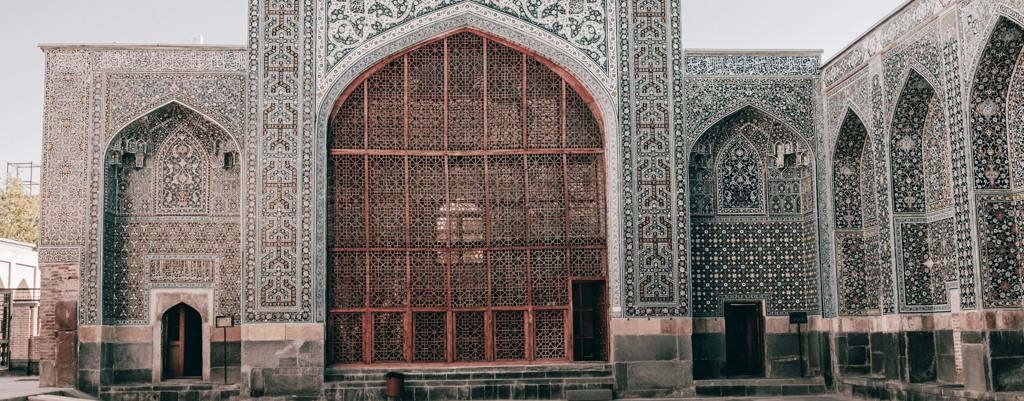Big changes ahead. Stay tuned!
Big changes ahead. Stay tuned!
Nothing here
Start typing to search
Searching..
Nothing matches
There are no matching results.
Sorry!
There has been an error.
Big changes ahead. Stay tuned!
Big changes ahead. Stay tuned!
Nothing here
Start typing to search
Searching..
Nothing matches
There are no matching results.
Sorry!
There has been an error.

Sadaqah Jariayh (ongoing charity) in Islam - is considered to be among the best charitable acts a person can perform as it continues to bring spiritual benefits after a person leaves this world.
The Prophet Muhammad (peace be upon him) reported in an authentic narration that a person continues to reap rewards for three deeds even after death: ongoing charity, useful knowledge, and a righteous child who prays for their parents.

Waqf is a form of ongoing charity as the money or property is dedicated for continuous social benefit and the donor cannot repossess the donated asset. An example of a Waqf could be building a mosque or digging a well that people benefit from over time.
An example of a Waqf from Islamic history is when the caliph Umar ibn al-Khattab (may Allah be pleased with him) acquired land in Khaybar and asked the Prophet (peace be upon him) what should be done with it. The Prophet (peace be upon him) recommended that it should be dedicated as a charitable Waqf for the poor, for relatives and for the sake of Allah. This shows the diversity of different forms of Waqf and their positive impact on society.
Be part of a great tradition and a better future for people in need:
Our purpose at IBW is to use your donations to achieve ongoing charity for those in need. In doing so, we invest your donations in a way that is compatible with Islamic law.
Waqf donations have already contributed to improving the lives of people in several countries by providing access to water, lifting the burden of meeting this basic need among communities who benefited and helping them live in more hygienic conditions.
Join us today on a journey that brings ongoing benefit to communities living in poverty and continuous spiritual rewards for you.